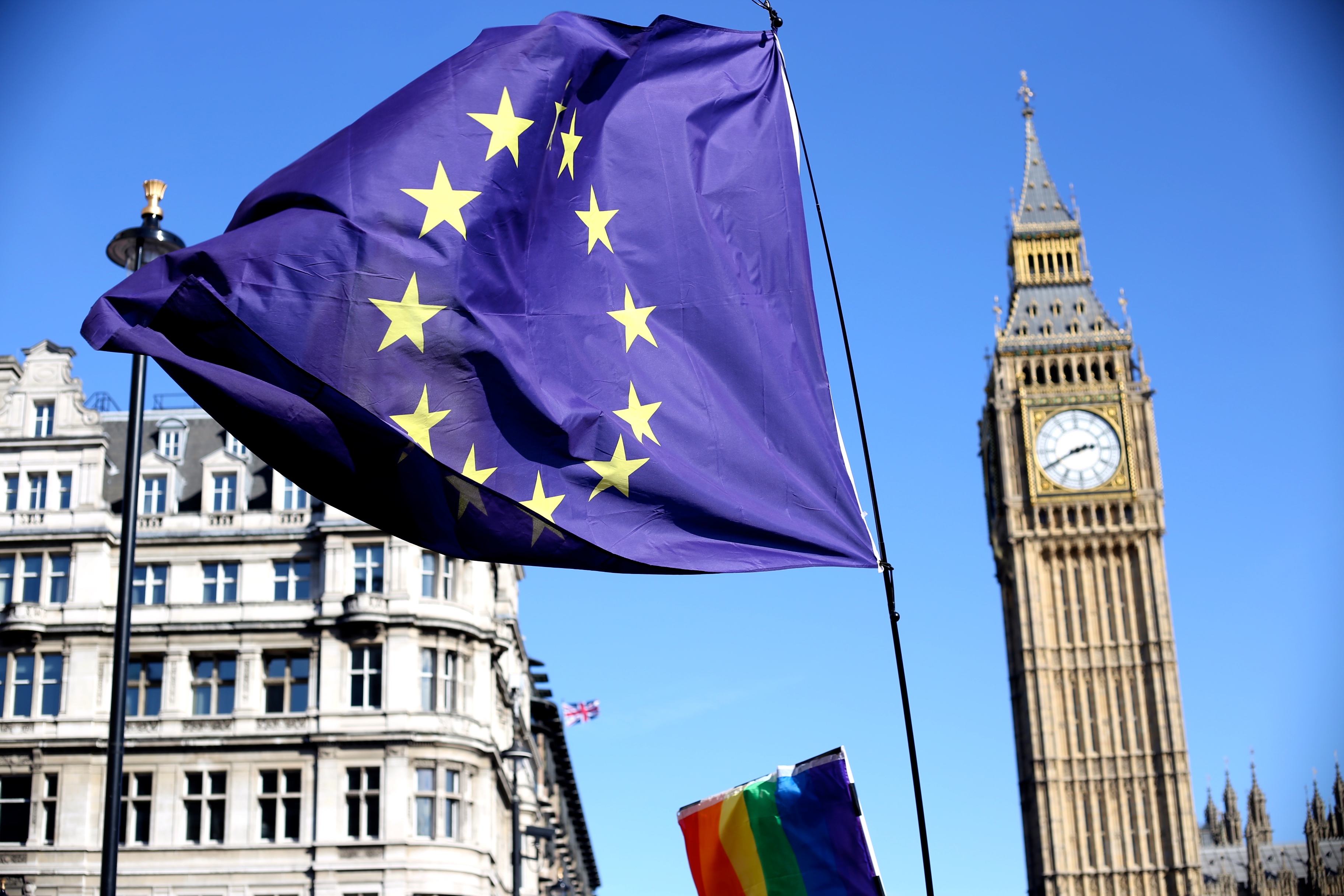
16 Nov The current state of Brexit and what it means for creative students
It’s been nearly two years since Article 50 was triggered by the British government to leave the European Union. Since then, the whole landscape behind politics and what post-Brexit Britain might look like, has been up in the air.
“It’s all a bit of a ‘kerfuffle’, isn’t it?” says the 19 year old, Brad Lee, from the University of Greenwich. He’s been studying graphic design in an undergraduate degree for the past two years, but doesn’t know what his future may hold, simply because of Brexit and the policies that may change regarding his sector of employment.
Recently, Article 13, a policy voted in favour of the European Union, meant that social media platforms such as Facebook, Twitter and YouTube had to control the flow and output of copyrighted content on their websites. For people in the creative industry, who wish to create content such as YouTube videos for their jobs and other content under ‘fair use’, this might be restricted to them. When asked about Article 13, Brad said that “It wouldn’t affect me, as I would be creating my own copyrighted material, but I can see why there was an outburst on things like Twitter and Facebook about it.”
YouTube CEO, Susan Wojcicki took to her own websites blog to confront the policies that may trouble creative minds. In her own words she exclaimed that “Article 13 as written threatens to shut down the ability of millions of people — from creators like you to everyday users — to upload content to platforms like YouTube.” She then goes on to say “This legislation poses a threat to both your livelihood and your ability to share your voice with the world. And, if implemented as proposed, Article 13 threatens hundreds of thousands of jobs, European creators, businesses, artists and everyone they employ.”
This policy, however, if the UK would leave the European Union, would only last until 2020. After 2020, the United Kingdom would have its own choice on whether or not it would like to continue to restrict copyrighted content through the social media platforms people use.
Journalism students seeking to publish their own content online for monetary gain, via freelance work or through publishers, may be affected by Article 11, which was also voted in favour of in the European Parliament. The policy lets website aggregators like Google News and Buffer tax publishers for hosting their links on their platform. This would shorten and stump financial growth to both writers and the publishers that wish to share their content.
On another note, Brad expressed his distaste behind Brexit, saying that “Say for example I wanted to create something for a customer overseas in another European country and the UK leaves that ‘bitter taste in the mouth’ of the EU, if supposedly a ‘hard Brexit’ happens – would they shy away from using my work because of this?”
Is this a foreshadowing of what’s to come?

